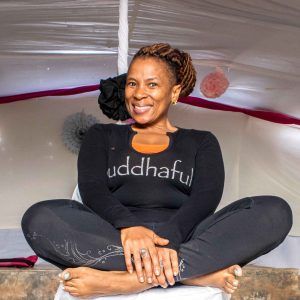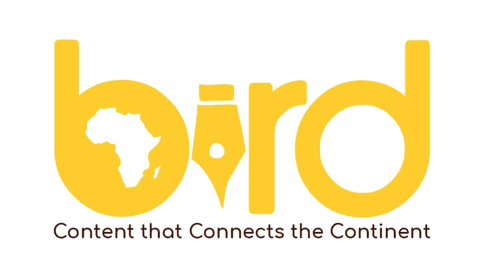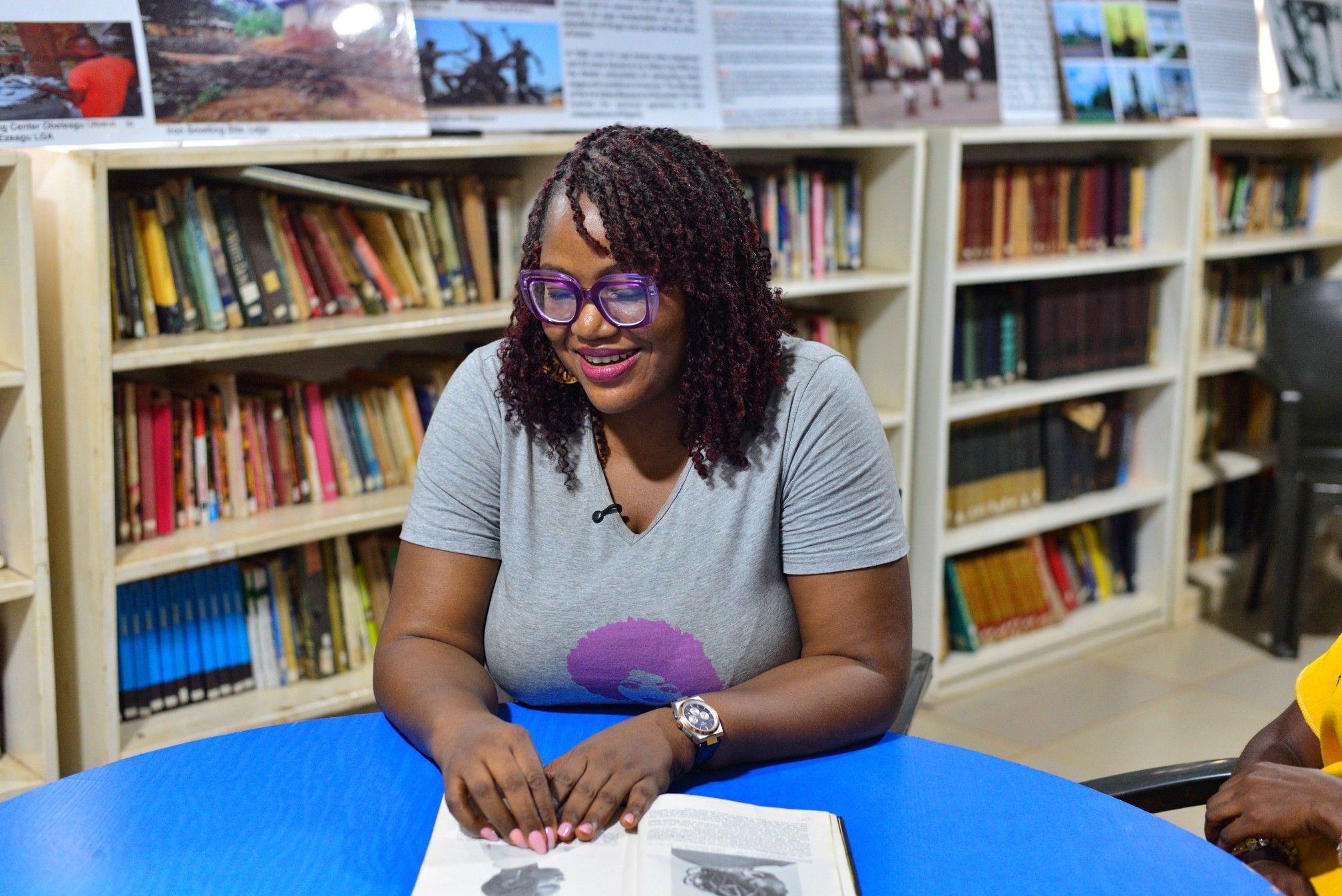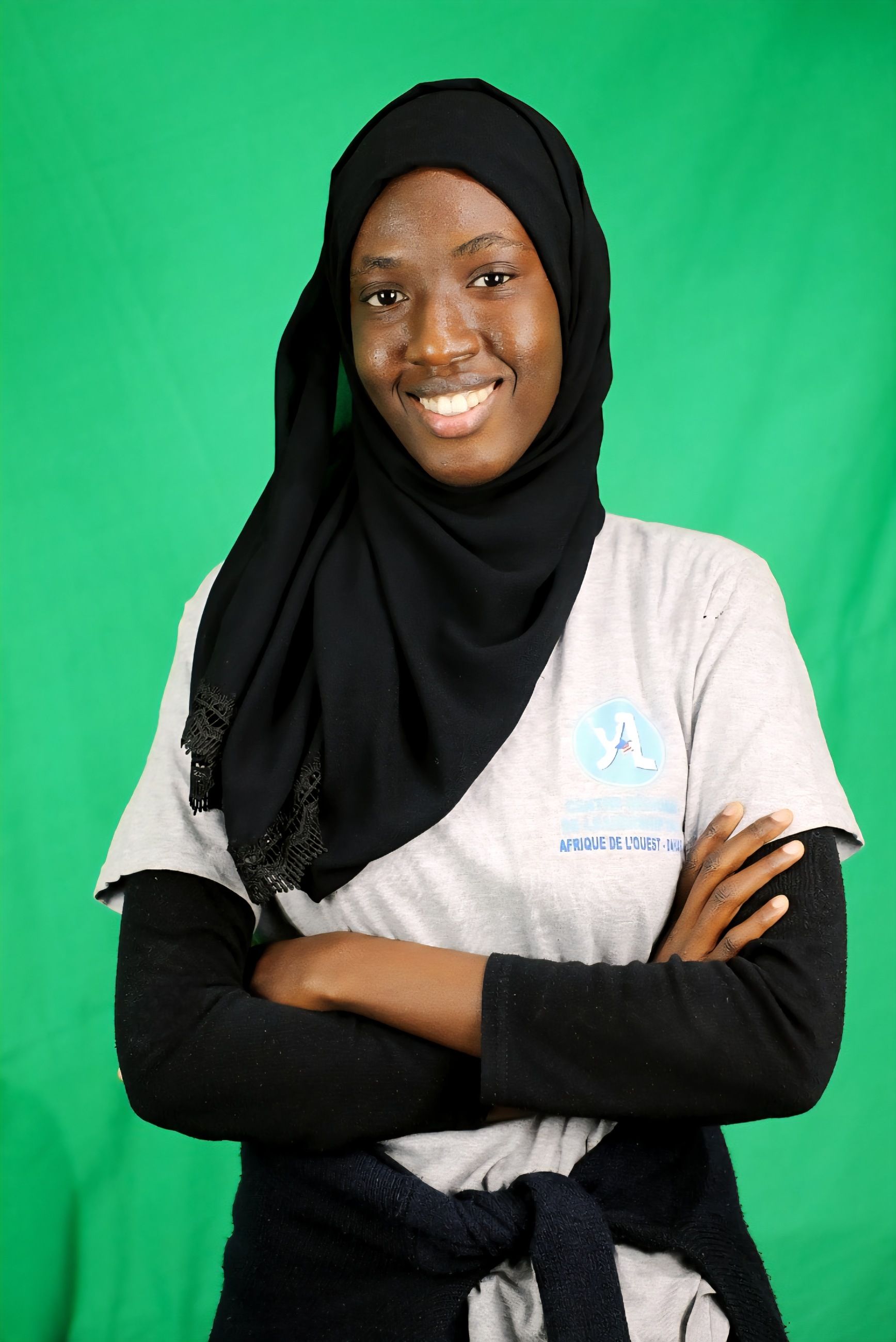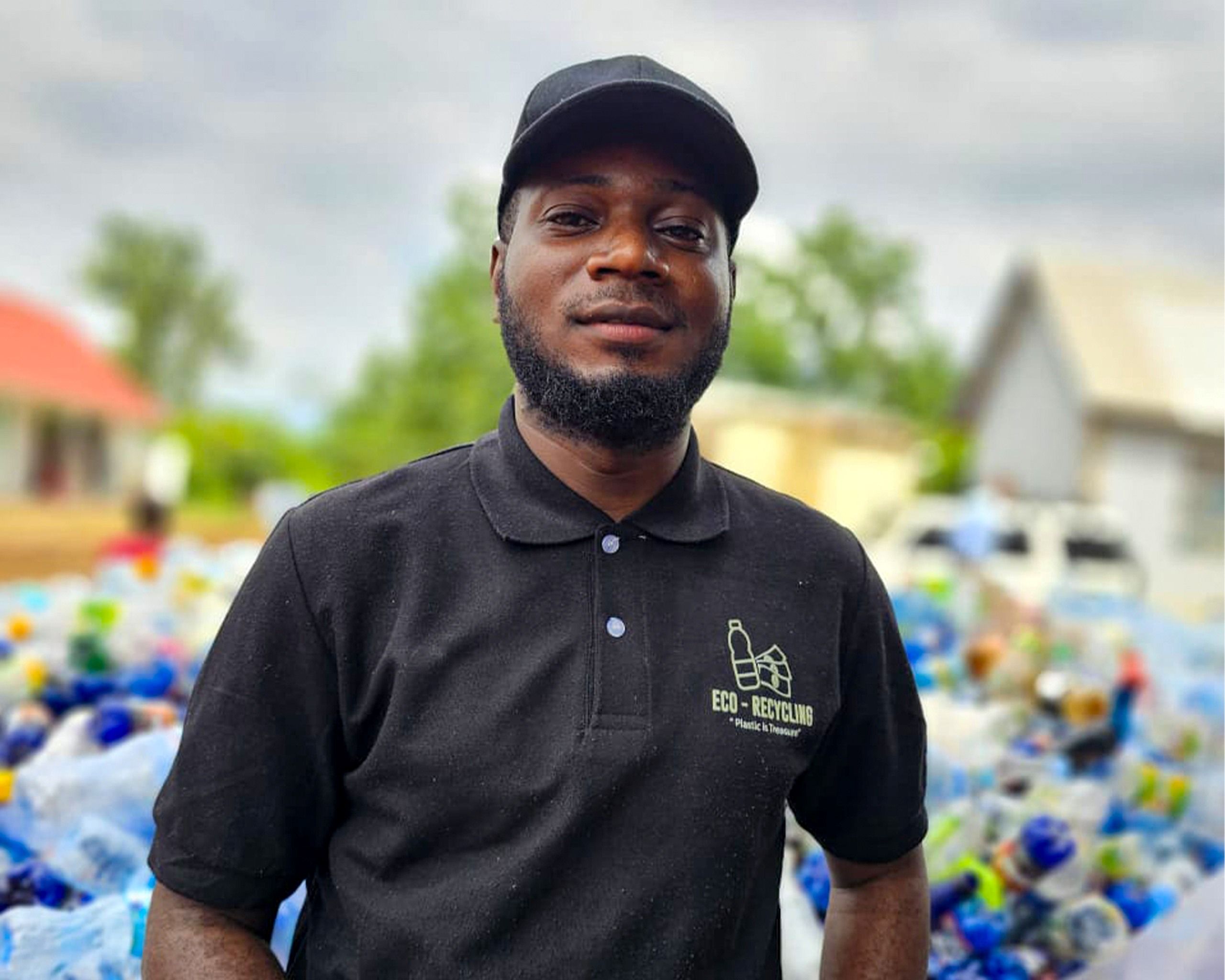Turning to yoga in her quest for a healthier lifestyle, Lebo Nke discovered the long-term benefits of a yoga exercise regimen. Today, she is using yoga to help drug-troubled youths in her township in Tshwane.
By Tseliso Monaheng, bird story agency
It’s an unusually warm May mid-morning in Ga-Rankuwa. A small crowd has begun to gather outside a medium-sized, makeshift corrugated iron structure which also doubles as a church on Sundays. The people present are a mix of "aunties" in their Seshoeshoe garb, young adults dressed head-to-toe in exercise gear, and children milling about, curious about what is about to happen.
Since it's a Saturday, the neighbourhood is alive with all kinds of music blasting from different directions, mixing with the sound of taxis hooting for passengers bound for Tshwane CBD.
At the entrance of the building, a woman is ensuring that anyone entering sanitises their hands, and offers surgical masks for those without any. The chatter, conducted mainly in Sepedi and Setswana, concerns the usual mix of friendly banter and people’s highlights from the "week that was."
This is Ga-Rankuwa, a township northwest of the city of Tshwane, known today as much for its Dr George Mukhari Academic Hospital and its tourist attractions – including a game park and township tours – as it was during the Apartheid years as a dumping ground for the former black residents of Lady Selborne.
Lady Selborne was a suburb of Pretoria where black South Africans had managed to maintain ownership of urban properties until the 1960s, despite a number of draconian colonial-era laws dispossessing black land owners. In the mid-1960s, the Apartheid government removed residents and demolished homes. Residents were forcibly moved to several dormitory suburbs, or "townships" including Ga-Rankuwa, some 34 kilometres from Pretoria. Families were uprooted and dispersed. Ga-Rankuwa had a history of resistance to Apartheid and today is also known for a drug problem, which is devastating to its young people.
Enter, Lebo Nke
Nke, a chief cultural officer at Harambee Youth Employment Accelerator and a graduate of Wits University with a Master's from INSEAD in France, is a yoga teacher and activist in her spare time.
The youth activist gives free yoga classes to fellow residents to present another path for the township's drug-troubled youth. The lessons within the community are designed as an activity the young people can engage in during their free time instead of looking for and taking drugs.
Before she became a yoga instructor, Nke was struggling with her weight.
“I just wanted to lose weight; that's how I started to get into yoga," Nke said, during one of the monthly sessions she heads.
Lebo was introduced to this exercise regimen by a friend who had introduced yoga as an alternative avenue to address the drug abuse problem in her neighbourhood.
"[The friend] told me about this Bikram yoga. It's like this heat that just melts your fat. And I was like, 'That's it, that's what I need to do!' I got there, and it turned out to be completely different," she said.
Over time, Nke started to appreciate yoga's transformative impact on her body.
It was not only manifested through her physical appearance, which was affecting her health and her ability to go out into the world with confidence, but also in her overall sluggishness and lack of inspiration. Yoga made her feel better about herself holistically. This is what kept her going.
"I think I couldn't even do a simple 'downward-facing dog' pose the first time I did it. After six months, it just came so easily!" Nke shared excitedly.
The more poses Nke learnt, the more confidence she gained in what her body could achieve. Her yoga journey made her curious about how far she could go with it, which is how she ended up training to become a teacher.
"I just felt like I needed to spend time investing a little bit more in what I was doing, and understanding it a bit more because it was having such an impact on my life. I found myself getting so much calmer, and the calmer I was, the easier it was to move in my day and my world," Nke said. She also found that her self-discipline improved.
She aims to impart this sense of calm and self-discipline to the cohort gathered inside, awaiting her instruction.
The attendees are a mix of young children and youths, activists who work with troubled people in the neighbourhood and recovering addicts seeking better alternatives.
"I never really wanted to teach yoga; I just wanted to learn more. And then I kept getting invitations to teach at other studios," Nke explained.
"But yoga is 'white', and people associate it with privilege and a certain class. What's been fulfilling for me is to bring yoga to people who would not typically practice it and to teach people that yoga is for everybody."
The beginnings
To start the project, Nke partnered up with a Mabopane-based medical clinic called MUYOD (Martyrs of Uganda Youth Development), founded by Mama Ntuli, a medical doctor from nearby Soshanguve, in partnership with a group of activists.
“We started not knowing anything about drug addiction or where we should start. Young men, young girls were coming now and again while I was working at the clinic to say, ‘Please help us, we want to stop this thing,’” Ntuli explained.
“Eventually, I just thought, I’ve always wanted to start a rehab. And well, maybe, that was God talking to me telling me, 'You can’t think anymore, you have to start something.'”
Following rigorous research, which included consulting with governmental and academic bodies in Pretoria, the group came upon a community-based substance use programme called COSUP, which is based at the University of Pretoria.
“Why the name Martyrs of Uganda?” Mama Ntuli rhetorically asks, referring to their organisation's name, which is based on the story of young converts executed by the king of Buganda in the 1880s.
“I was always impressed how young men in Uganda were prepared to die for their conviction and faith. And I thought, well, maybe the spirit of those young men could help us quell the fires of drug addiction. That’s how the name came about.”
Once the name of the project was established, Ntuli said, she continued exploring different ways to confront the drug problem. She was introduced to the idea of yoga during this time.
“I didn’t know much about yoga. It was through my daughters, who kept on saying, ‘you should introduce yoga to them.’ I started reading a little more about yoga on my own, and I realised that yoga could heal deep-seated hurts in somebody. That’s when I thought, well, that’s something that we need to look into.”
The search led to Nke, who agreed to become a partner in MUYOD Yoga. The yoga sessions started in earnest in 2020 and have attracted a large following in the neighbourhood since then. The attendance is usually a mix of substance-dependent youths, young children from the age of eight years old, and older people between twenty-five and fifty.
According to Nke, yoga should be accessible precisely because of its transformative benefits. Her example also makes the case for why representation is important. A local introducing the locals to a practice like yoga can be powerfully life-altering, she believes.
In this instance, it is transforming the lives of young people, helping bring healing to an area whose people were devastated by the impact of Apartheid and who are only now finding a way forward.
bird story agency
Also Read: Kenyan Ex-gang Members Silencing the Guns With Gloves

